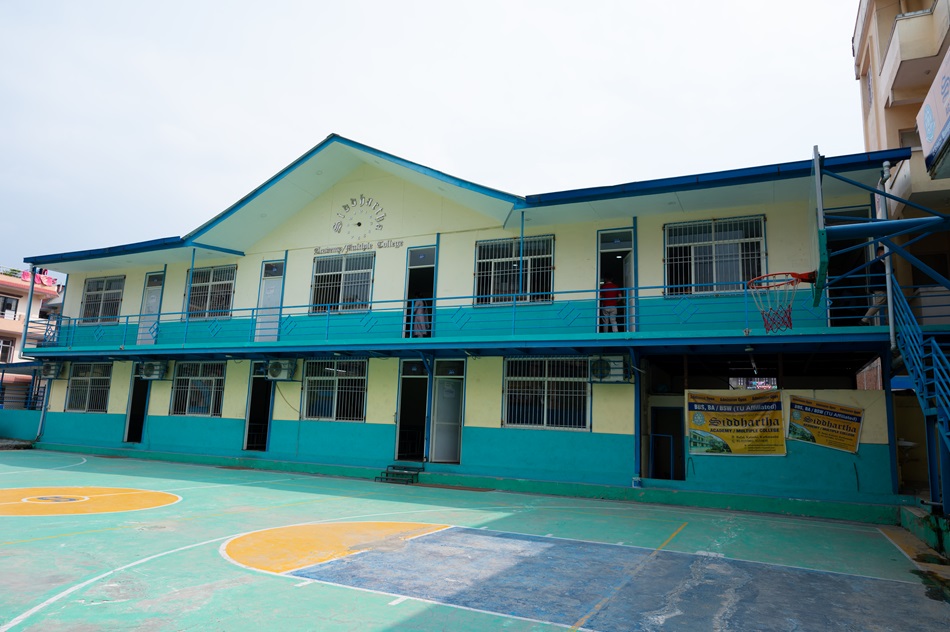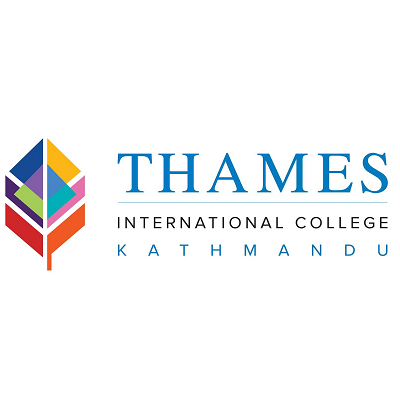Overview
Bachelor of Arts in Social Work (BASW) at Siddhartha Multiple College, Kathmandu
BASW at Siddhartha Multiple College (SMC), Bafal–Kalanki, Kathmandu follows Tribhuvan University (TU), Faculty of Humanities and Social Sciences standards.
Siddhartha Multiple College delivers BASW as a four-year undergraduate degree under TU. The course integrates classroom study, supervised fieldwork, and academic writing. You learn social work theories and apply them in real settings through agency placements coordinated by the college.
The program suits students who value community engagement, structured supervision, and evidence-based learning. You build a foundation for roles in NGOs, local government units, and development programs across Nepal.

Highlights
-
Affiliation: Tribhuvan University (Faculty of Humanities and Social Sciences)
-
Duration: Four academic years
-
Structure: Theory papers, research and academic writing, supervised field practice
-
Assessment: Internal evaluations and university examinations
-
Campus Location: Bafal–Kalanki, Kathmandu
Curriculum Details
Year-wise study introduces core areas of the profession. You begin with the history and values of social work and supporting disciplines such as sociology and psychology. Methods courses then cover casework, group work, and community organization.
Upper years add research methods, academic writing, social policy, and Nepal-focused practice. Fieldwork runs alongside theory so that concepts connect to field realities. Elective options offered by TU and the campus help you explore sector interests like child protection, livelihoods, or public health outreach.
Objectives
-
Build professional identity grounded in ethics, human rights, and social justice.
-
Develop method skills in casework, group facilitation, and community organization.
-
Strengthen research ability for needs assessment and basic program studies.
-
Promote reflective practice through supervision, journals, and reviews.
Scope
Graduates contribute to community development projects, local government social services, schools, hospitals, shelters, and rehabilitation programs. Entry roles include program assistant, case worker, community mobilizer, outreach facilitator, and field researcher. Many students continue to MSW or related master’s studies for advanced practice or management roles.
Learning Outcomes
-
Apply social work methods in classroom simulations and agency placements.
-
Use ethical decision-making when handling sensitive information and client contact.
-
Prepare case notes, group session plans, community profiles, and short research reports.
-
Communicate findings to supervisors, peers, and partner agencies in plain, accurate language.
Skill Development Modules
-
Academic Writing & Research: Topic selection, proposal steps, data tools, and report structure.
-
Practice Documentation: Case recording, reflective journals, supervision notes, and action plans.
-
Community Engagement: Needs mapping, stakeholder meetings, mobilization strategies, and review sessions.
-
Presentation & Communication: Briefings, poster sharing, and evidence-based classroom talks.
Teaching Methodology
SMC follows TU’s model of scheduled classes, guided tutorials, and supervised field placements. Internal assessment covers attendance, assignments, class presentations, and practicum reports. Faculty supervisors track your progress through field conferences and written feedback. Department notices announce calendars, submission dates, and viva or presentation schedules.
Admission Requirements
-
Minimum Qualification: +2/PCL or equivalent from a board recognized by TU.
-
Process: Application form, academic transcripts, character certificate, photos, and citizenship/ID (as applicable).
-
Selection: Merit-based screening under TU and campus rules; an entrance test may apply as per faculty provisions.
-
Notice: Admission dates and seat information are published by the college each intake.
Career Opportunities
-
Program Assistant / Officer in NGOs, INGOs, and community organizations
-
Case Worker / Counselor Support in child and family services
-
Community Mobilizer / Outreach in health, WASH, and protection projects
-
Field Researcher / M&E Support in development programs
-
School or Hospital Social Work Support under local arrangements
Scholarships and Financial Aid
-
Categories: Merit and need-sensitive support as announced per intake
-
Coverage: Fee waivers or partial support subject to institutional policy
-
Renewal: Attendance, performance, and discipline criteria apply
-
How to Apply: Submit forms and supporting documents within the stated deadline
Why Choose This Course?
-
TU-recognized pathway with clear theory–practice integration across four years.
-
Structured supervision that turns classroom ideas into practical interventions.
-
Nepal-specific relevance through Nepal Studies and indigenous practice themes.
-
Accessible campus context in Bafal–Kalanki with routine academic support.
Conclusion
BASW at Siddhartha Multiple College offers a stable, practice-oriented route for students who want to work in community and development settings in Nepal. The degree builds ethical judgment, method skills, and research habits that matter in field conditions. Review the current admission notice, confirm required documents, and plan early for field placement preferences.






















